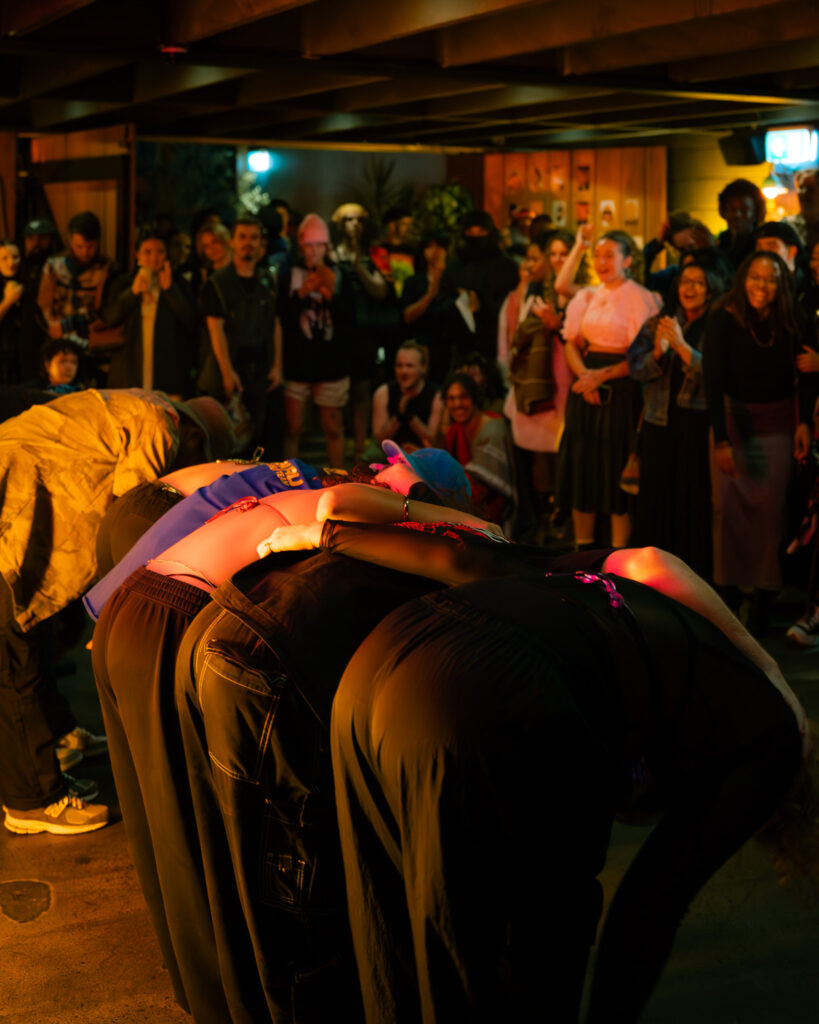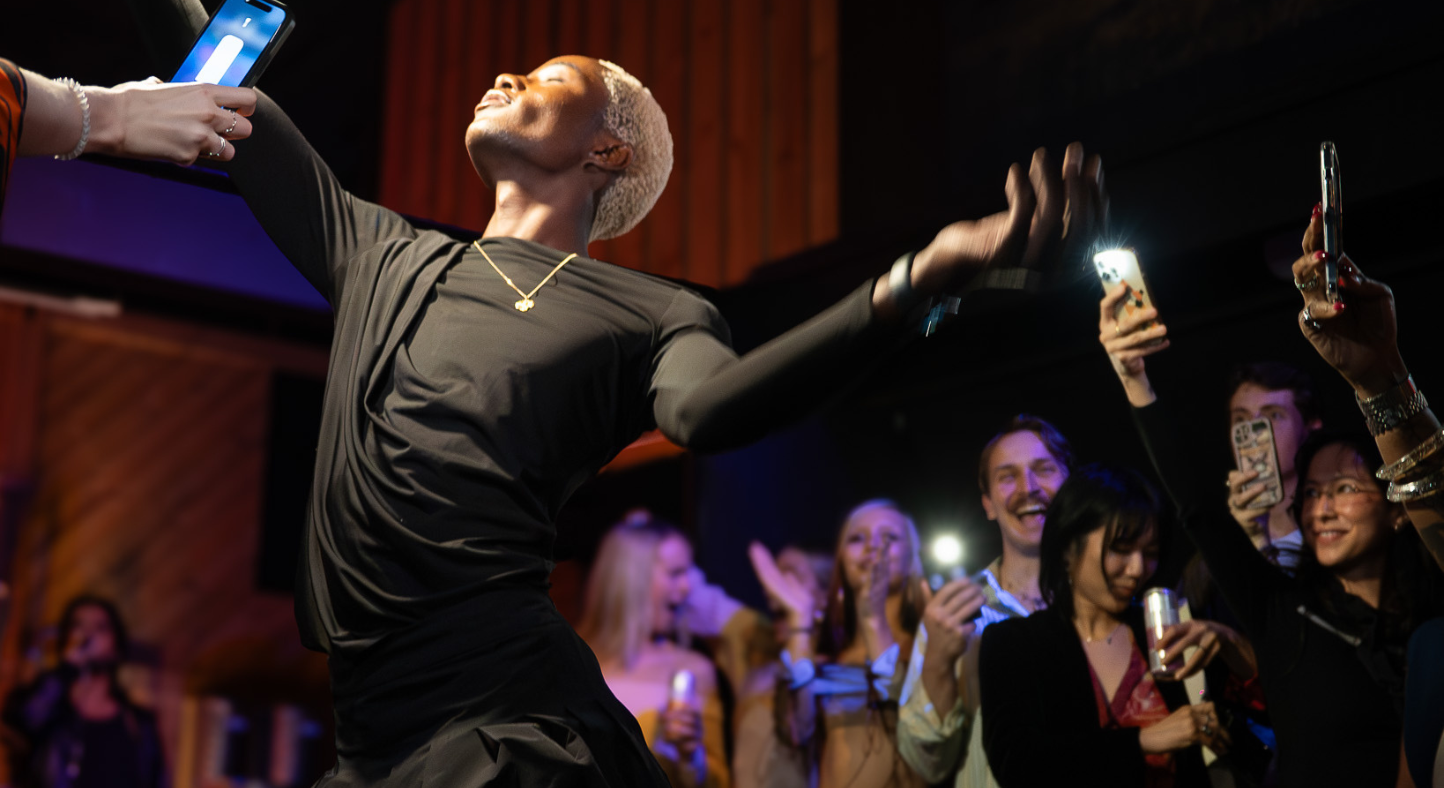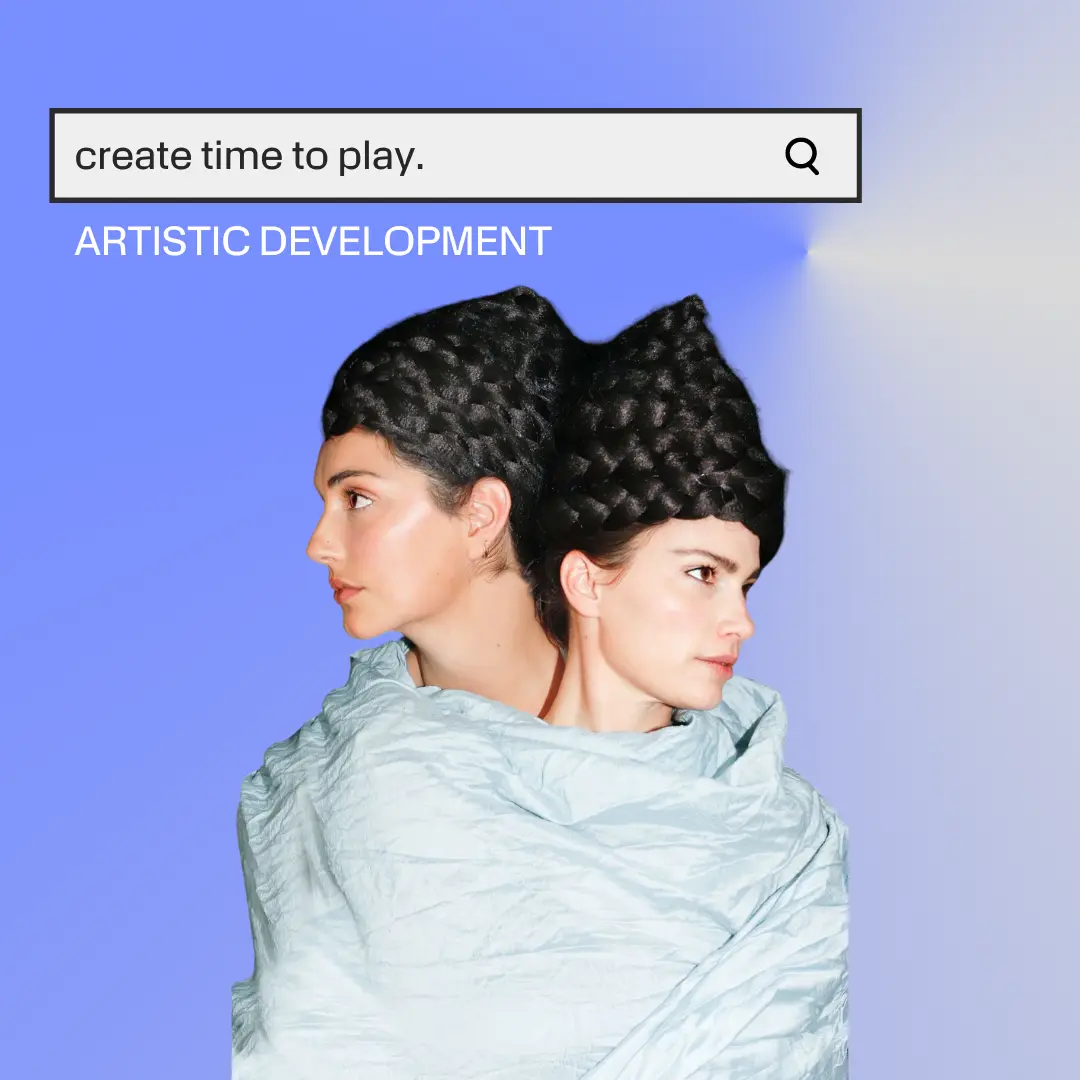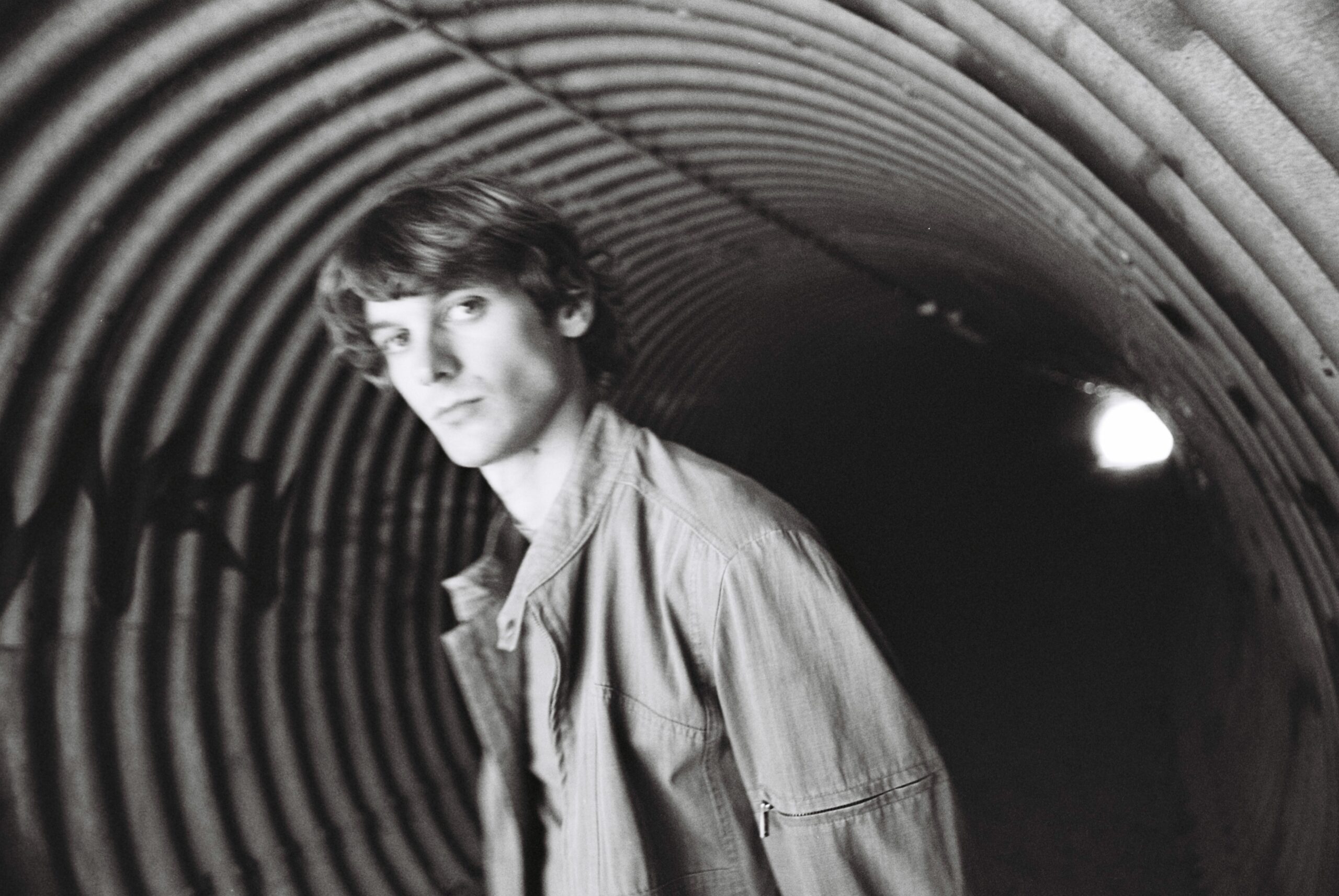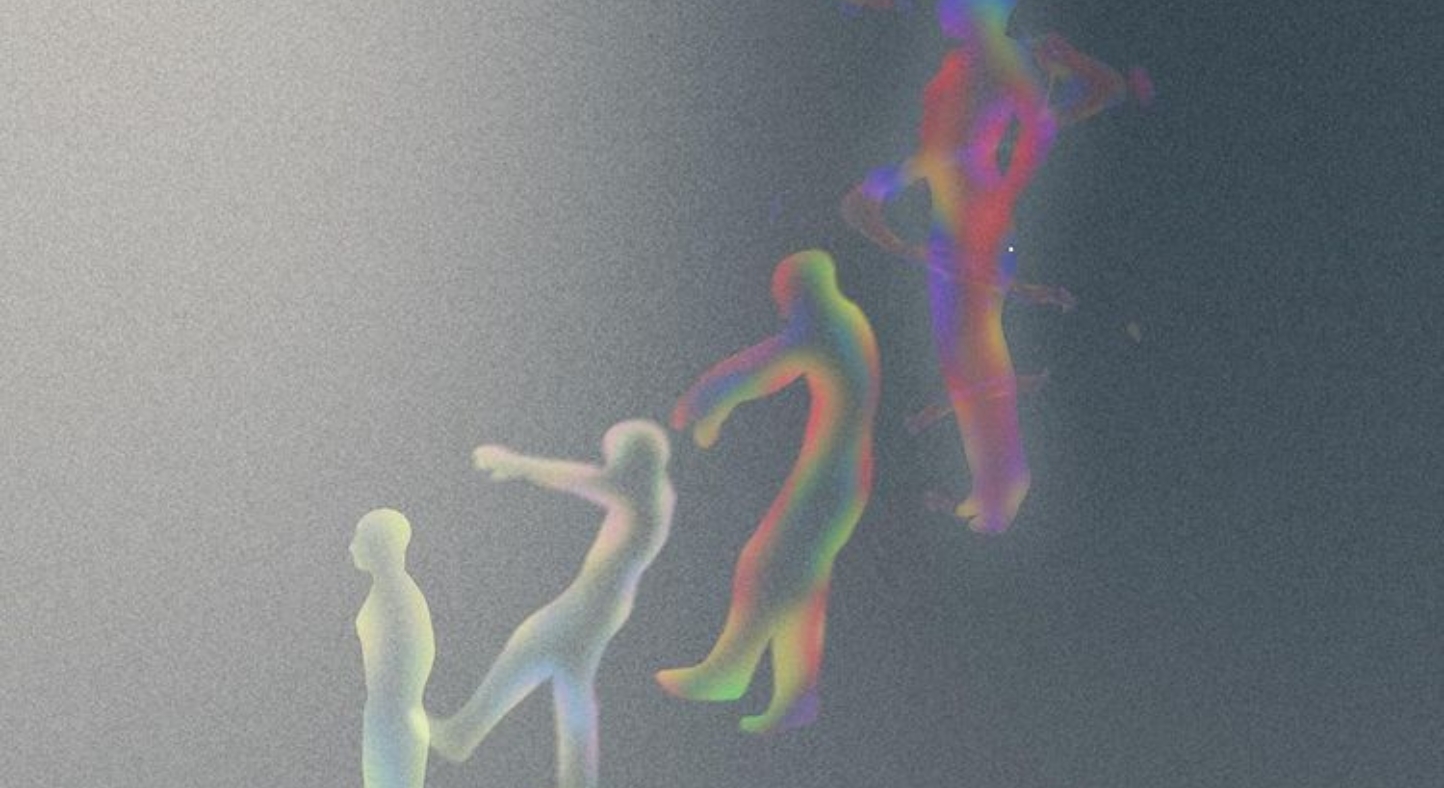Spinning Wildfire: A Reckoning Force
One evening two years ago, a post on instagram finally answered the calls for help creatives in Meanjin (Brisbane), have been making for decades. Since then, the city’s art scene has never been the same
Spinning Wildfire is a Brisbane based events organisation proudly “run for BIPOC by BIPOC.” From the day they emerged and held their first event in 2022, Spinning Wildfire has honoured its commitment to diversity and representation to the highest degree. At each of their immersive exhibitions, they go beyond showcasing the talents of BIPOC creatives to also platform a fierce love for community. Under the leadership of co-founders Mayatu Nova and Daphne Ratcliffe, the organisation has grown to become one of the biggest BIPOC-led creative spaces in South-East Queensland.
On June 1st 2024, Spinning Wildfire returned after a short hiatus for their sold-out show, ‘The Last Sunset’ and brought together the works of more than 60 BIPOC creatives in art, sound, fashion and movement. And like their very first show, the exhibition was both exquisitely and meaningfully curated, reminding every artist and attendee just how necessary Spinning Wildfire is to the future of arts and culture scenes everywhere.
It is no secret that the relationship between the creative industry and BIPOC has always been fraught; there never seems to be enough funding, safe spaces or seats at the table. Usually when a seat is made available, BIPOC creatives are further marginalised instead. Though some institutions, establishments and collectives have made great efforts to improve their inclusivity, too often do BIPOC creatives still find themselves tokenised and exploited. Too often do BIPOC creatives still experience the unease of being the only BIPOC individual in a lineup, the microaggressions of spaces where cultural safety is an afterthought and the exhaustion of expected, constant and uncompensated racial labour. It has become more and more clear that a seat at a table, where the ‘rules’ are largely unfair and unchanged, can only do so much.
Initiatives like Spinning Wildfire are a brilliant, effective and long-awaited solution to some of these problems BIPOC creatives have faced in the industry. Unless you’re a regular far-right news and conspiracy theory consumer, it is easily understandable how BIPOC led and prioritised spaces foster inclusion and community in abundance.
Spinning Wildfire’s ability to do so begins with the dedicated compassion of their executive team. The care and attention with which they reach out to and accommodate artists is unparalleled. They make it a point to truly understand their recruited creatives and more importantly, make sure their art is not cruelly separated from them.
Right now, industry standards seem to be caving into overconsumption, with more leading bodies determining the value of art by quantity and virality, over quality and authenticity. Inevitably, the growing pressure of producing ‘fast’ art, fashion and media has been crushing creatives around the world, alongside the sense of joy, passion and individuality they feel from how, what and why they create. While this issue is not unique to BIPOC creatives, it has existed in the community- once again through tokenisation and exploitation in the industry- long before this recent endemic. Therefore, the current cultural climate only exacerbates the disconnect so many BIPOC individuals have felt from their creative processes and productions.
Bringing the art back home to the artist and bringing the artist back home to themselves is a crucial and urgent movement that condemns these deeply toxic standards from becoming a norm
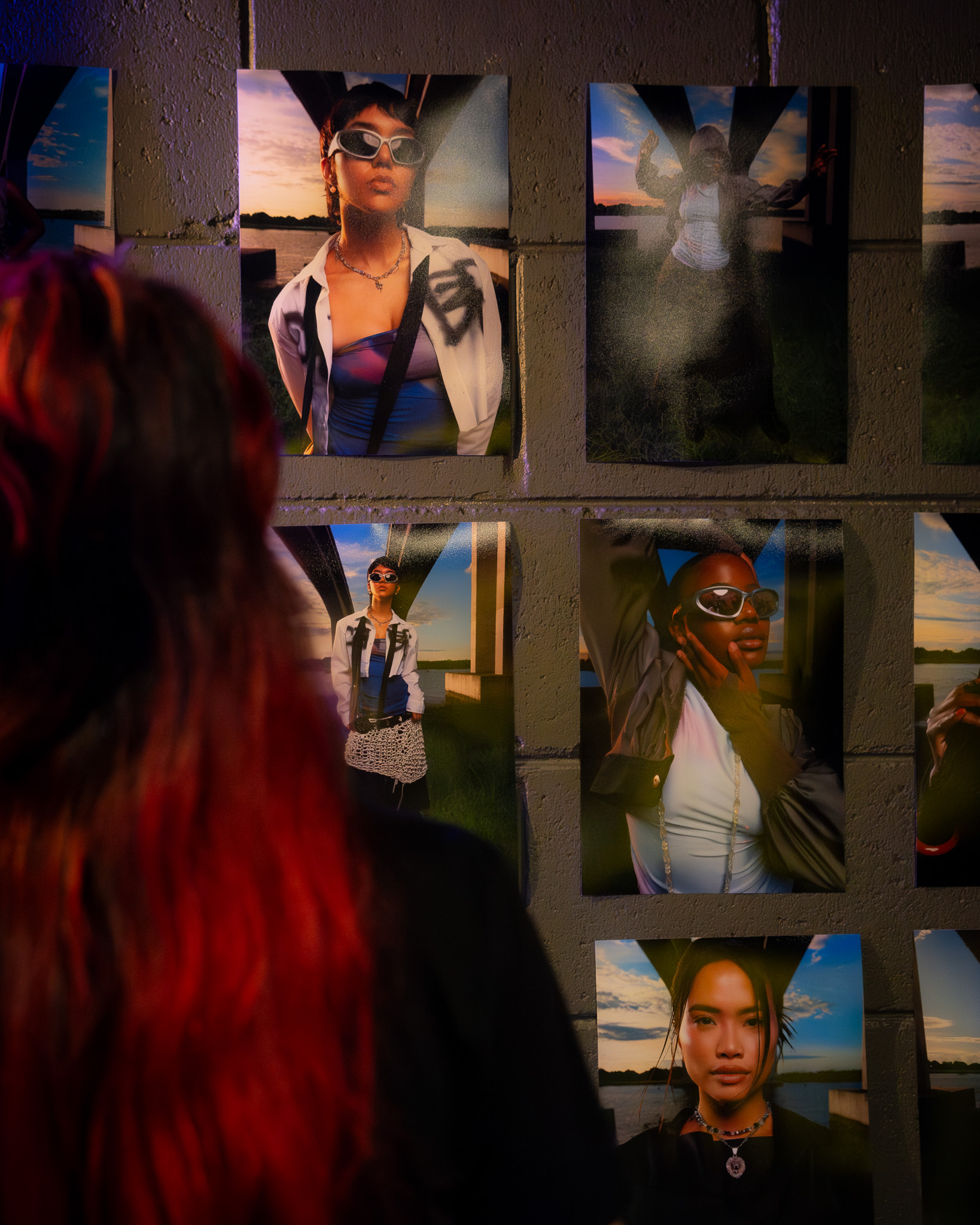
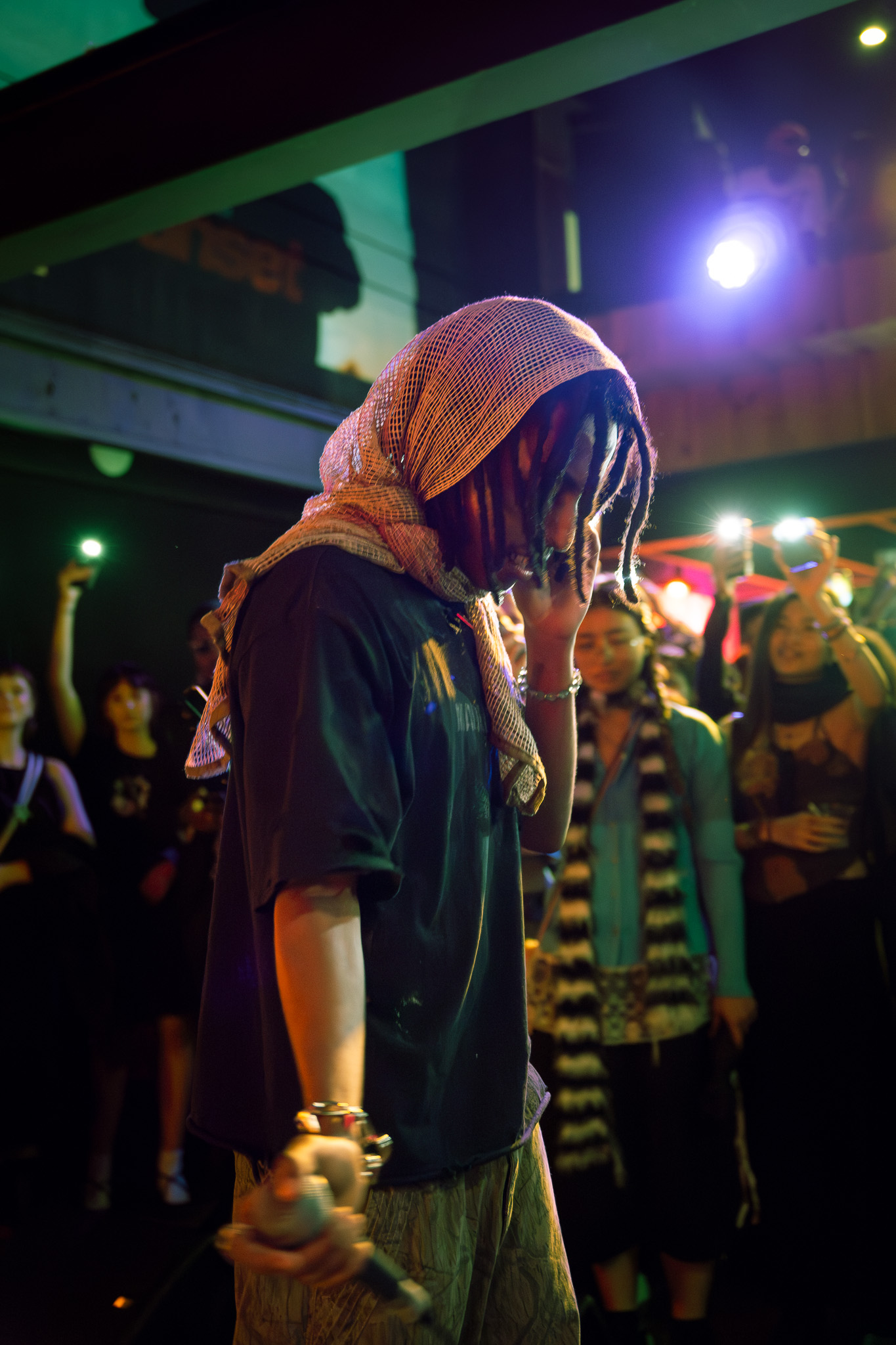
Bringing the art back home to the artist and bringing the artist back home to themselves is a crucial and urgent movement that condemns these deeply toxic standards from becoming a norm- Spinning Wildfire is at its local forefront. This is because the next step they take in their acknowledgement of their artists’ vibrant, diverse and intersecting identities is doing what they can to show unequivocal support to the marginalised communities that make up, surround and inspire the organisation itself.
It is why ‘The Last Sunset’ chose to distribute profits between Sisters Inside and the Palestine Australia Relief and Action foundation. The former is a nation-wide organisation supporting the lives and futures of incarcerated women and girls, among many of whom are Indigenous, and the latter is a charity raising urgent funds for Palestinian migrants and refugees escaping ongoing genocide and settling in Australia. Their commitment to these organisations goes further than simply ‘giving back’ to the community. Their commitment is an acknowledgement of the stolen land upon which they come together to commune and create. It is a reminder of the vicious reality of ongoing colonial processes and Spinning Wildfire’s obligation to doing their part in dismantling them. It is an application of the values they uphold and a fulfilment of their promises.
It is an affirmation of the goodness, kindness and compassion that comes out of community-led spaces.
Most significantly though, it is a resounding act of support and solidarity with BIPOC life in all its glory, joy, ambition, struggle, resistance and strength. There is something deeply wrong and almost unconscionable about hosting events that platform BIPOC presences but then refusing to recognise the erasure of BIPOC existences that takes place in numerous and brutal ways across the planet and outside the creative space. On one hand, it reduces BIPOC creatives’ careers into mere aesthetics and consumables. On the other, it limits BIPOC creatives’ ability and right to be whole and human. To restrain, and even penalise someone, from experiencing, acting on or embodying the disruption they encounter from the oppressions and adversities inherent to their identity is a disturbingly common occurrence within creative spaces.
Spinning Wildfire knows this and does everything in its power to comprehensively reject this from happening in their environment, by giving resources and time where community needs it. They also remain steadfast in providing absolute support for the messages their creatives share, they encourage them to take up as much space as possible and they seek as many opportunities as they can to improve and maximise their championing of BIPOC lives, communities and matters.
The organisation has undoubtedly set a new standard for its peer and competing creative spaces in exemplifying what it means to uplift BIPOC individuals and communities with intention and conviction. And despite coming out in the height of the pandemic, in a city where the arts scene’s problems drives half of its creatives down south, Spinning Wildfire managed to address and drive to resolve the historic problems BIPOC creatives have faced in their careers within a matter of months. Their successes have been unprecedented and extraordinary to the point that all there is left to do is sit, wait and know they’re about to outdo themselves again very soon.
